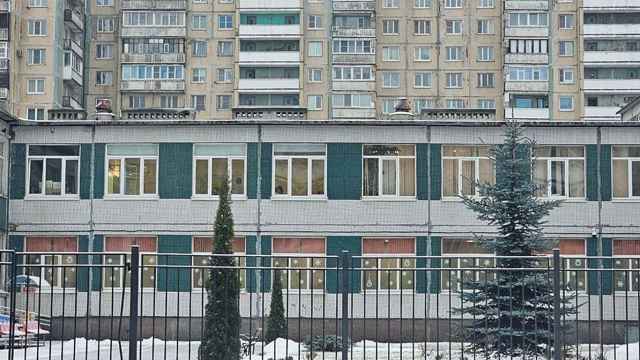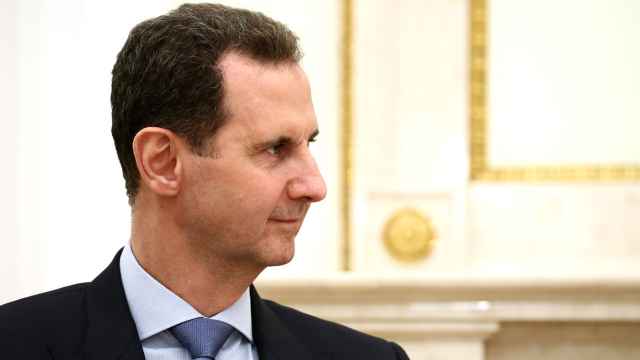British police found no signs of violence in the death of self-exiled Russian tycoon and former powerbroker Boris Berezovsky, an official police statement said.
Nothing suspicious was found in Berezovsky's home in the village of Ascot in Berkshire county, where the body of the 67-year-old tycoon was discovered by his security guard on Saturday afternoon, Superintendent Simon Bowden from Thames Valley Police told BBC's Russian Service late Sunday.
The official police statement comes amid claims by Nikolai Glushkov, one of Berezovsky's oldest friends and a former deputy director of Aeroflot, that a scarf was found near Berezovsky's body and that he may have been strangled, the Guardian reported Sunday.
"Either he did it himself or with the help of someone else," Glushkov said.
Berezovsky's body was found by a bodyguard who had to break open the bathroom door, which had been locked from the inside, police said in the statement.
Police also said they found no traces of poisonous chemicals, or biological or radioactive substances at the scene.
Some sources have said that Berezovsky had been suffering from depression recently, apparently because of financial problems and a separation with his civil wife.
Berezovsky was best known for helping President Vladimir Putin attain power, though he later broke with the president and went to live in London in 2000, where he received political asylum in 2003.
Putin's spokesman Dmitry Peskov said Saturday that Berezovsky had written a letter to the president two months ago asking him for forgiveness and help in returning to Russia.
Related articles:
A Message from The Moscow Times:
Dear readers,
We are facing unprecedented challenges. Russia's Prosecutor General's Office has designated The Moscow Times as an "undesirable" organization, criminalizing our work and putting our staff at risk of prosecution. This follows our earlier unjust labeling as a "foreign agent."
These actions are direct attempts to silence independent journalism in Russia. The authorities claim our work "discredits the decisions of the Russian leadership." We see things differently: we strive to provide accurate, unbiased reporting on Russia.
We, the journalists of The Moscow Times, refuse to be silenced. But to continue our work, we need your help.
Your support, no matter how small, makes a world of difference. If you can, please support us monthly starting from just $2. It's quick to set up, and every contribution makes a significant impact.
By supporting The Moscow Times, you're defending open, independent journalism in the face of repression. Thank you for standing with us.
Remind me later.





